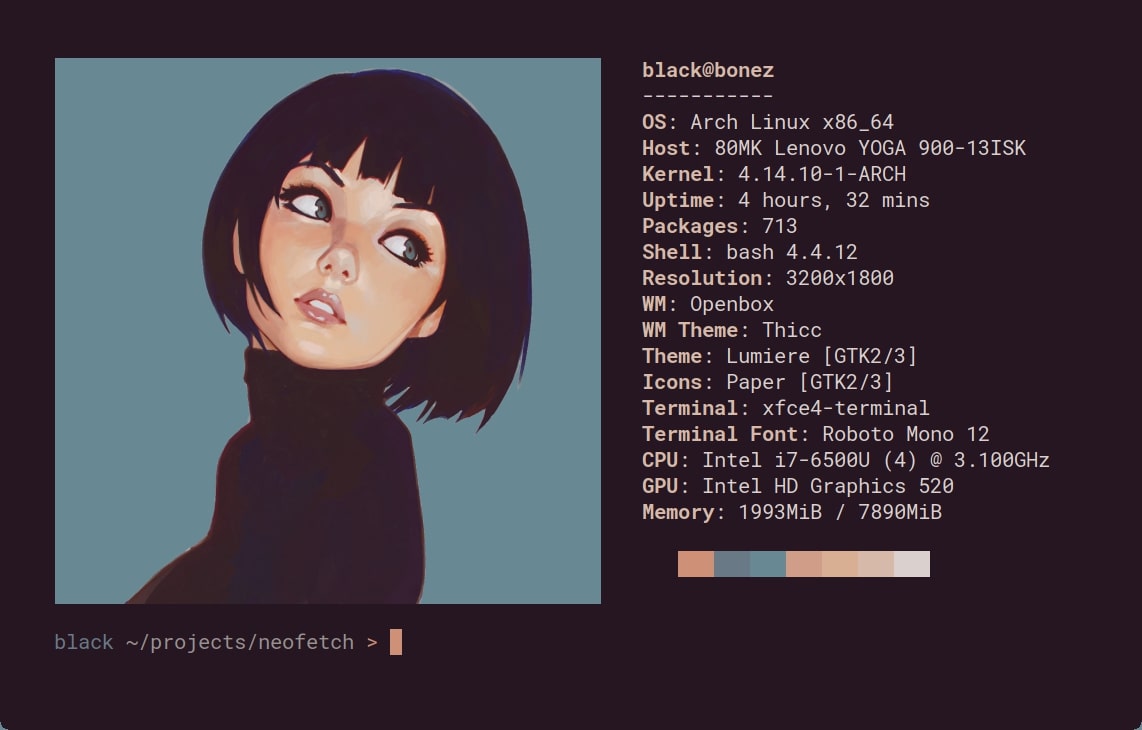Introduction
GDB (GNU Debugger) is a powerful debugging tool for programs written in C, C++, and other languages. This guide covers essential GDB commands and techniques for effective debugging.
Compilation for Debugging
To use GDB, compile your program with debugging information:
1
2
3
4
5
|
# Add -g flag for debugging information
g++ -g program.cpp -o program
# Optional: disable optimization for better debugging
g++ -g -O0 program.cpp -o program
|
Basic GDB Commands
Starting GDB
1
2
3
4
5
6
7
8
|
# Start GDB with a program
gdb program
# Start with core dump
gdb program core
# Attach to running process
gdb -p <PID>
|
Running and Stopping
1
2
3
4
5
6
7
8
9
10
11
12
13
14
15
16
17
18
19
20
21
22
|
# Start program execution
(gdb) run [args]
(gdb) r [args]
# Continue execution
(gdb) continue
(gdb) c
# Execute next line (step over)
(gdb) next
(gdb) n
# Step into function
(gdb) step
(gdb) s
# Step out of current function
(gdb) finish
# Execute until line number/function
(gdb) until <line_num>
(gdb) until <function>
|
Breakpoints
1
2
3
4
5
6
7
8
9
10
11
12
13
14
15
16
17
18
19
20
21
22
23
|
# Set breakpoint at function
(gdb) break function_name
(gdb) b function_name
# Set breakpoint at line
(gdb) break file:line
(gdb) b 45
# Set conditional breakpoint
(gdb) break file:line if condition
(gdb) b 45 if i == 100
# List breakpoints
(gdb) info breakpoints
(gdb) i b
# Delete breakpoint
(gdb) delete <breakpoint_num>
(gdb) d 1
# Enable/disable breakpoint
(gdb) enable <breakpoint_num>
(gdb) disable <breakpoint_num>
|
Examining State
1
2
3
4
5
6
7
8
9
10
11
12
13
14
15
16
17
18
19
20
21
22
|
# Print variable value
(gdb) print variable
(gdb) p variable
# Print array elements
(gdb) p array[0]@length
(gdb) p *array@length
# Print in different format
(gdb) p/x variable # hex
(gdb) p/t variable # binary
(gdb) p/c variable # character
# Display variable (auto-update)
(gdb) display variable
(gdb) undisplay <display_num>
# Examine memory
(gdb) x/nfu addr
# n: number of units
# f: format (x,d,u,o,t,a,c,s,i)
# u: unit size (b,h,w,g)
|
Advanced Features
Watchpoints
1
2
3
4
5
6
7
8
9
10
11
12
|
# Watch variable for changes
(gdb) watch variable
(gdb) watch *pointer
# Watch expression
(gdb) watch expression
# Watch for reads
(gdb) rwatch variable
# Watch for reads/writes
(gdb) awatch variable
|
Backtrace and Frame Navigation
1
2
3
4
5
6
7
8
9
10
11
12
13
14
15
|
# Show call stack
(gdb) backtrace
(gdb) bt
# Show detailed frame info
(gdb) info frame
(gdb) i f
# Select frame
(gdb) frame <number>
(gdb) f <number>
# Move up/down stack
(gdb) up
(gdb) down
|
Thread Debugging
1
2
3
4
5
6
7
8
9
10
11
|
# List threads
(gdb) info threads
# Switch thread
(gdb) thread <thread_num>
# Apply command to all threads
(gdb) thread apply all bt
# Set break on all threads
(gdb) break file:line thread all
|
Practical Examples
Example 1: Debugging Segmentation Fault
1
2
3
4
5
6
|
// buggy.cpp
int main() {
int* ptr = nullptr;
*ptr = 42; // Segmentation fault
return 0;
}
|
Debugging session:
1
2
3
4
5
6
7
8
|
$ g++ -g buggy.cpp -o buggy
$ gdb buggy
(gdb) run
Program received signal SIGSEGV
(gdb) bt
#0 main () at buggy.cpp:3
(gdb) print ptr
$1 = 0x0
|
Example 2: Conditional Breakpoint
1
2
3
4
5
6
7
8
9
|
// loop.cpp
int main() {
for(int i = 0; i < 1000; i++) {
if(i * i > 5000) {
// Break here when condition met
}
}
return 0;
}
|
Debugging session:
1
2
3
4
5
|
(gdb) break 4 if i * i > 5000
(gdb) run
Breakpoint 1, main () at loop.cpp:4
(gdb) print i
$1 = 71
|
GDB TUI Mode
GDB’s Text User Interface provides a more visual debugging experience:
1
2
3
4
5
6
7
8
9
10
11
|
# Start GDB in TUI mode
gdb -tui program
# Toggle TUI mode
(gdb) tui enable
(gdb) tui disable
# Switch layouts
(gdb) layout src # source only
(gdb) layout regs # registers and source
(gdb) layout asm # disassembly
|
Best Practices
-
Debugging Strategy:
- Start with a hypothesis
- Use appropriate breakpoints
- Check variable values systematically
- Keep track of program flow
-
Performance:
- Use conditional breakpoints judiciously
- Remove unnecessary breakpoints
- Consider watchpoints impact
-
Core Dumps:
- Enable core dumps:
ulimit -c unlimited
- Analyze crashes post-mortem
- Save debugging sessions for reference
Common GDB Commands Cheat Sheet
| Command |
Description |
Example |
run |
Start program |
run arg1 arg2 |
break |
Set breakpoint |
break main |
print |
Print value |
print variable |
next |
Step over |
next |
step |
Step into |
step |
continue |
Continue execution |
continue |
backtrace |
Show call stack |
bt |
info |
Show information |
info breakpoints |
watch |
Set watchpoint |
watch variable |
Conclusion
GDB is an essential tool for C/C++ developers. While it has a steep learning curve, mastering these basic commands and techniques will significantly improve your debugging efficiency. Remember to compile with debugging symbols and use appropriate commands based on your debugging needs.
